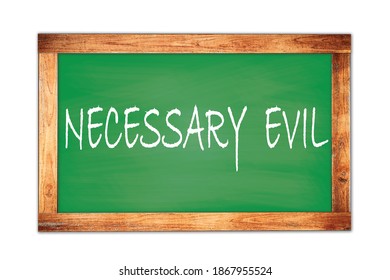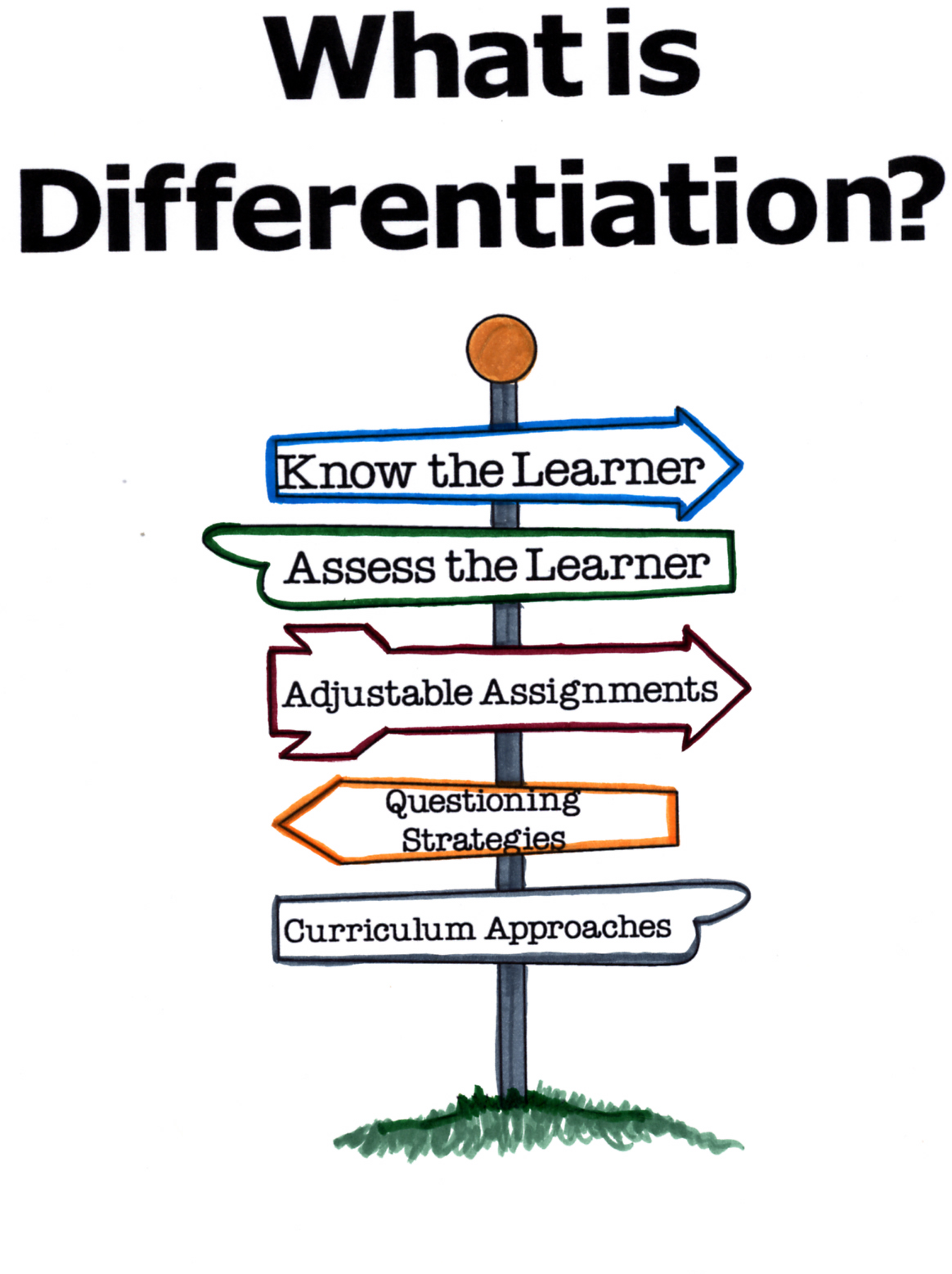Hello friends,
Assessment is an integral part of instruction, as it determines whether or not the goals of education are being met. Assessment affects decisions about grades, placement, advancement, instructional needs, curriculum.
Although evaluation and testing are considered to be a ‘necessary evil’ by some teachers and students, it is quite absurd to call them so. Evaluation and testing should never be seen as ‘evil’, although they are certainly ‘necessary’ within a properly functioning educational system. It can be argued that no serious study is possible without evaluation and testing as they are surely the best way of judging the capabilities and progress of a student, and a serious motivation for reaching new goals.
What is to Evaluate and to Test?
A major concern of teaching English language for teachers has been assessing and evaluating student’s progress during their courses of study as well as their classroom achievements.
Testing in education and psychology is an attempt to measure a person’s knowledge, intelligence, or other characteristics in a systematic way.
Testing and evaluation of language skills are very important components of language teaching. Testing becomes an integral part of teaching because it provides significant information or inputs about the growth and achievement of learner’s difficulties, styles of learning, anxiety levels. Effective teaching and effective testing are the two sides of the same coin. A curriculum is what constitutes a total teaching learning program composed of overall aims, syllabuses, materials, methods and testing in short. It provides a framework of knowledge and capabilities , selected to be appropriate to a particular level. Tests evaluate not only the progress and achievement but also the effectiveness of the teaching material and methods used.
This blog explores how students and teachers perceive how different student evaluation methods
Now the question raises is, what’s the purpose of Evaluation and Testing.
Purpose of Evaluation and Testing
After the teacher has taught something, it is natural for teacher to want to know how much the students have learned, what level they are at, and what things need to be considered for the improvement of the students. Tests tell the teacher about the effectiveness of his/her teaching.
1.The basic purpose of an evaluation is to make a judgment about the quality or worth of an educational program, or proficiency of a student’s attainments.
2.The second purpose of evaluation and testing is to give students the opportunity to show what they have learned rather than catching them out or to show what they have not learned.
3.The third purpose of evaluation and testing is also to motivate the students and show them how well they have learned the subject matter.
4.The last purpose of testing and evaluation is to give the teacher useful information about how to improve their teaching methods.
To plan and to instruct
It is most important for a teacher and student that regular forms of testing should take place. However, effective evaluation and testing requires detailed planning. Preparing for an evaluation should be an integral part of the planning of each lesson or unit as well as general planning at the beginning of the school year or course. Instructions are also considered a fundamental aspect of evaluation. In order to plan and give instructions that are appropriate for an individual situation, it is necessary to understand all the factors that influence the students in your class.
It is thought that teachers need to constantly evaluate their teaching based on student reaction, interest motivation, preparation, participation, perseverance, and achievement.
Types of tests
The regular forms of testing provide information to guide any modifications or improvements to your course.
The most common tests are as follows:
The Placement Test (also called the level test) is used to check language levels for admission into school. All four language skills are generally tested here.
The Diagnostic Test is done by the class teacher to know where he/she should start to teach the students. This test tells the teacher about the current position of his/her students.
The Progress Test is useful for a teacher to show areas of class improvement or weakness.
Aptitude Tests are designed to predict a student’s probable future performance on a course.
Finally, Achievement Tests are designed to assess the student’s current knowledge and reference this forward to some future tasks.
Sometimes even ‘valid’ evaluation is unfair.
Student evaluation of teaching is a multipurpose tool that aims to improve and assure educational quality. Improved teaching and student learning are central to educational enhancement. However, use of evaluation data for these purposes is less robust than expected.
Student evaluations of teaching reflect students’ biases and are otherwise unreliable. So goes much of the criticism of these evaluations. “Unbiased, Reliable and Valid Student Evaluations Can Still Be Unfair,” published in Assessment & Evaluation in Higher Education, was written by Justin Esarey and Natalie Valdes.
Why testing doesn't work
There are many arguments against using tests as a form of assessment:
Some students become so nervous that they can't perform and don't give a true account of their knowledge or ability. Other students can do well with last-minute cramming despite not having worked throughout the course. Once the test has finished, students can just forget all that they had learned. Students become focused on passing tests rather than learning to improve their language skills.
Reasons for testing
Testing is certainly not the only way to assess students, but there are many good reasons for including a test in your language course.
A test can give the teacher valuable information about where the students are in their learning and can affect what the teacher will cover next. They will help a teacher to decide if her teaching has been effective and help to highlight what needs to be reviewed. Testing can be as much an assessment of the teaching as the learning
Tests can give students a sense of accomplishment as well as information about what they know and what they need to review.
Tests can also have a positive effect in that they encourage students to review material covered on the course.
At university I experienced this first hand, I always learned the most before an exam. Tests can encourage students to consolidate and extend their knowledge.
Tests are also a learning opportunity after they have been taken. The feedback after a test can be invaluable in helping a student to understand something she couldn't do during the test. Thus the test is a review in itself.
Making testing more productive
Despite all of these strong arguments for testing, it is very important to bear in mind the negative aspects we looked at first and to try and minimize the effects.
Try to make the test a less intimidating experience by explaining to the students the purpose for the test and stress the positive effects it will have. Many may have very negative feelings left over from previous bad experiences. Give the students plenty of notice and teach some revision classes beforehand. Tell the students that you will take into account their work on the course as well as the test result.
Be sensitive when you hand out the results. One usually goes through the answers fairly quickly, highlighting any specific areas of difficulty and giving the students their results of the paper.
Emphasize that an individual should compare their results with their own previous scores not with others in the class.
Learning from tests
Finally, it is very important to remember that tests also give teachers valuable information on how to improve the process of evaluation.
Questions such as:
"Were the instructions clear?"
"Are the test results consistent with the work that the students have done on the course. Why/why not?"
"Did I manage to create a non-threatening atmosphere?"
All of this will help the teacher to improve the evaluative process for next time.
What’s the outcome of testing and evaluation?
In the end, we can say that an efficient goal-oriented teacher’s testing plan should contain clearly understood objectives and a sufficient amount of feedback to make students aware of the strength and weaknesses of their performance.
Thus, we must put here that-
Effective evaluation and testing requires an understanding of the role of evaluation in planning, as delivering instructions and testing calls on the teacher to become agents of change in their classrooms, actively using the results of testing to modify and improve the learning environment.
Thus,
“The quality of assessors is critical to the quality of the assessment result.”
― Pearl Zhu
So,
“What you think you can do- is your Assessment,
What you think you cannot do- is your Limitation,
Assess your limitations first, and then limit your assessments.”
― Mahendar Singh Jakhar












